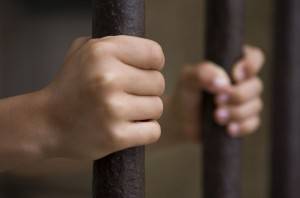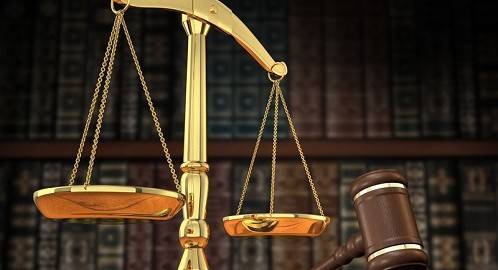How Does The Juvenile Justice System Work In California?
While young people think they are invincible, the law thinks otherwise. If your child faces criminal charges, all of the usual stress turns into fear. And with that fear, you probably have an endless list of questions. To try to help you, the attorneys at Wallin & Klarich will explain how the juvenile justice system works. Maybe we can ease some of that fear.
What You Need to Know About the Juvenile Justice System
First, you need to understand how the law treats minors. People under the age of 18 that face criminal charges go to juvenile court. Two categories make up juvenile crimes, status offenses and delinquency offenses. While these are not “criminal convictions,” they still carry severe consequences.
Status offenses – Welfare & Institutions Code § 601

Under Welfare and Institutions Code section 601, a status offense is where your child did something that is illegal only for children. A common example is possession of alcohol. If your child was over 21, then it is not a crime for them to have alcohol. Merely because they are children, they cannot have it.
If a juvenile court convicts your child of a status offense, they may impose a number of punishments:
• Deferred adjudication is the least severe punishment. Think of it as unsupervised, informal probation. So long as your child does not commit another offense for a period set by the court, the court will take no action on the offense. They merely need to obey all laws and the case goes away.
• Home-probation is the next severe punishment. Here, your child can live at home, but will be on a supervised probation set up by the court. This means a probation officer will monitor his or her actions.
• Boarding at a state school or institution is the most severe punishment for a status offense. Here, the child goes to a state school for a period of time, this is reserved for extreme offenses.
Juvenile delinquency — Welfare & Institutions Code § 602
Under Welfare and Institutions Code section 602, if your child is in a juvenile delinquency case, then he or she is accused of breaking the law. The court will consider the crime, your child’s age, and their criminal record, if any, in determining the punishment.
The court can order similar punishment as in status offenses, but the upper end may result in incarceration in the Department of Corrections and Rehabilitation’s Division of Juvenile Justice (DJJ).
Juvenile Rights in California
In status and delinquency cases, the law affords children some due-process rights, but not the right to a jury trial or bail. Instead, the court decides whether to release your child to your custody or to detain them in juvenile hall until the case is decided. And while the prosecutor must prove the case beyond reasonable doubt, a juvenile court judge or commissioner decides the outcome.
Your child does have the right to a lawyer. Juvenile court has severe consequences for your child and a good lawyer is their key to a second chance. With over 40 years of experience, our team of Juvenile Defense Attorneys can formulate a defense for your son and daughter. Our attorneys can work to reduce the charges, lessen the penalty or attempt to have the case dismissed.
Juvenile Record
Where the court finds that your child committed the offense they will have a record—for both types of offenses.
However, the Juvenile Defense Attorneys at Wallin & Klarich have extensive experience in expungements, where we work with the court to erase the conviction from your child’s record once they reach 18. If we cannot expunge it, we might be able to seal it. Even if convicted, contacting an experienced, skilled lawyer is your best chance of giving your son or daughter a clean slate.
California Juvenile Law Trying As an Adult
In some cases, the District Attorney can prosecute your child as an adult if they are at least 14 years old. Typically, this only occurs for serious crimes, such as murder, rape, robbery, violent crimes, or crimes involving drugs or guns. If your child is at least 16 and convicted, the judge send can him or her directly to adult prison. If they are between 14 and 16, he or she will stay at the Division of Juvenile Justice until they reach 16.
What can a California Juvenile Criminal Defense Attorney do for my family?
A criminal charge against your child brings untold amounts of stress that can rip families apart. The guilt, frustration, and fear can overwhelm you. But you do not have to go it alone. If the state is prosecuting your child, you need to talk to a lawyer. Even if the state convicted your child, it is still not too late for us to help.
The California juvenile criminal defense attorneys from Wallin & Klarich have over 40 years of experience that we can bring to bear to serve your family. Let us shoulder some of this burden. Our experienced team will review your case and take the steps necessary to defend you and yours. We have offices in San Bernardino, Ventura, Riverside, Los Angeles, San Diego and Orange County. Call us today at 888-749-0034 or fill out our intake form for immediate assistance. We will get through this together.




